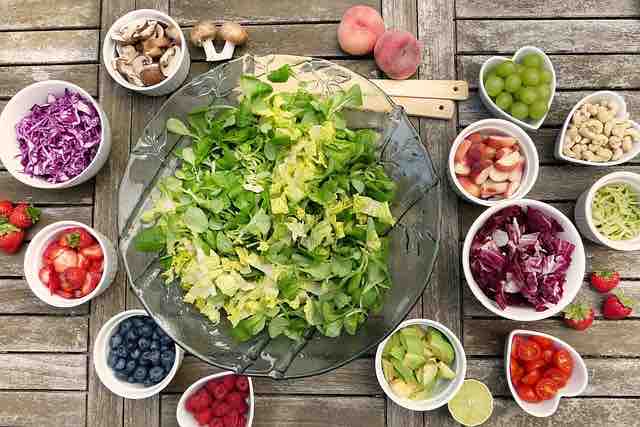As more people adopt a vegetarian or vegan lifestyle, questions often arise about whether these diets are suitable for children, particularly when it comes to their growth and development. A recent study has shown that children who follow a vegetarian diet have similar growth and nutrition outcomes as their meat-eating peers.
The study, published in the Journal of the Academy of Nutrition and Dietetics, analyzed data from over 40,000 children between the ages of 2 and 19, collected as part of the National Health and Nutrition Examination Survey (NHANES) in the United States. The researchers compared the growth and nutrient intake of children who followed a vegetarian diet (including both lacto-ovo vegetarians and vegans) to those who consumed meat.
The results showed that there were no significant differences in height, weight, or body mass index (BMI) between the two groups of children. Additionally, both groups had similar levels of nutrient intake, including protein, iron, calcium, and vitamin D. However, the study did find that vegetarian children tended to consume more fiber, vitamin C, and vitamin E than their meat-eating peers.
While the study provides reassuring evidence that a vegetarian diet can be a healthy and appropriate choice for children, it is important to note that there are some nutrients that may require special attention. For example, iron and vitamin B12 are found primarily in animal products and may need to be supplemented in a vegetarian diet. Additionally, children who follow a vegan diet may need to supplement with vitamin D and calcium to ensure adequate intake.
Parents considering a vegetarian or vegan diet for their children should consult with a pediatrician or registered dietitian to ensure that their child’s nutritional needs are being met. With proper planning and attention to nutrient intake, a vegetarian or vegan diet can provide all the necessary nutrients for a growing child.
In conclusion, the study’s findings suggest that children who follow a vegetarian diet have similar growth and nutrition outcomes as their meat-eating peers. However, it is important to ensure that children following a vegetarian or vegan diet receive adequate intake of certain nutrients. Parents should consult with a healthcare professional to ensure their child’s nutritional needs are being met.












